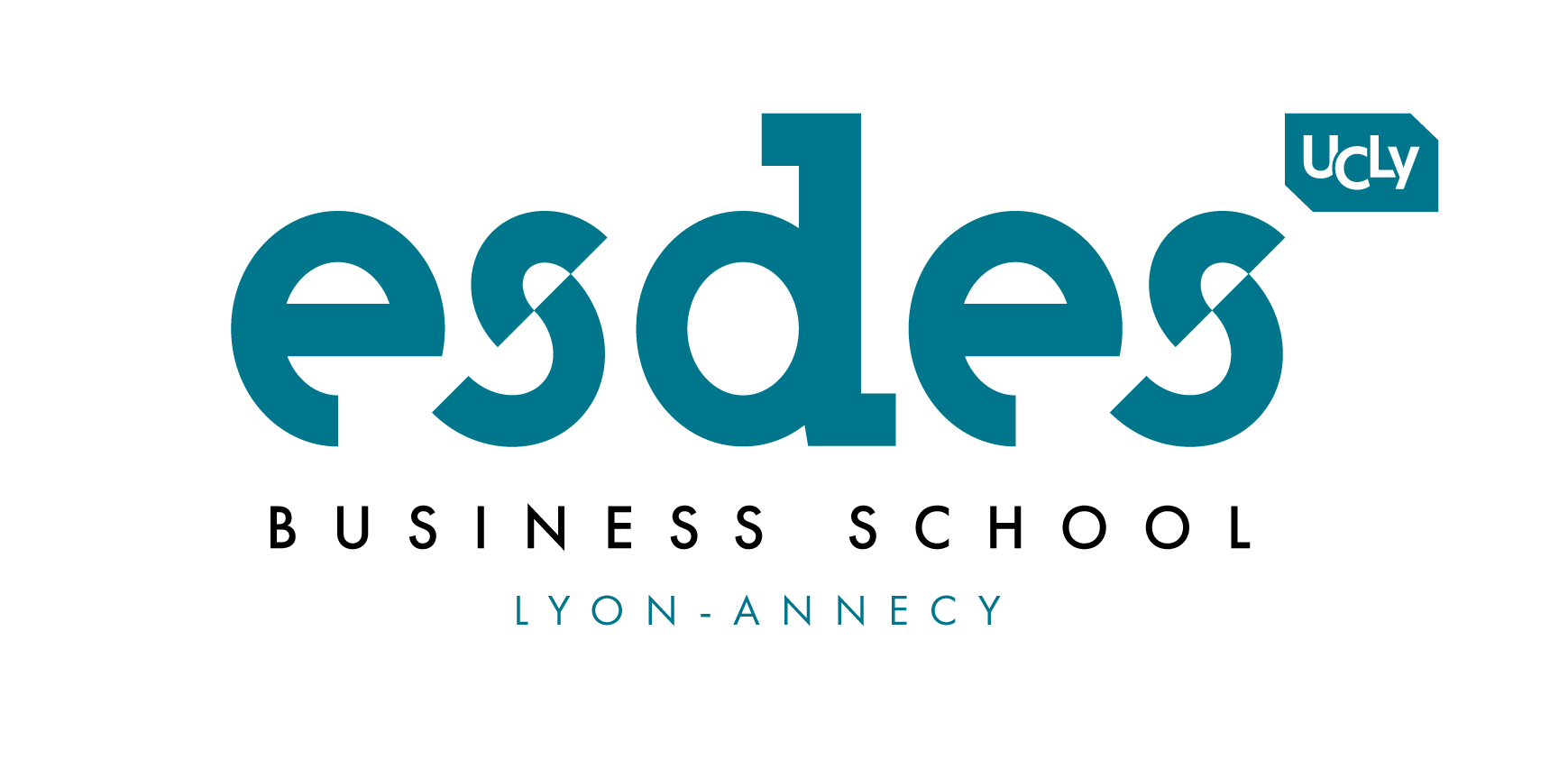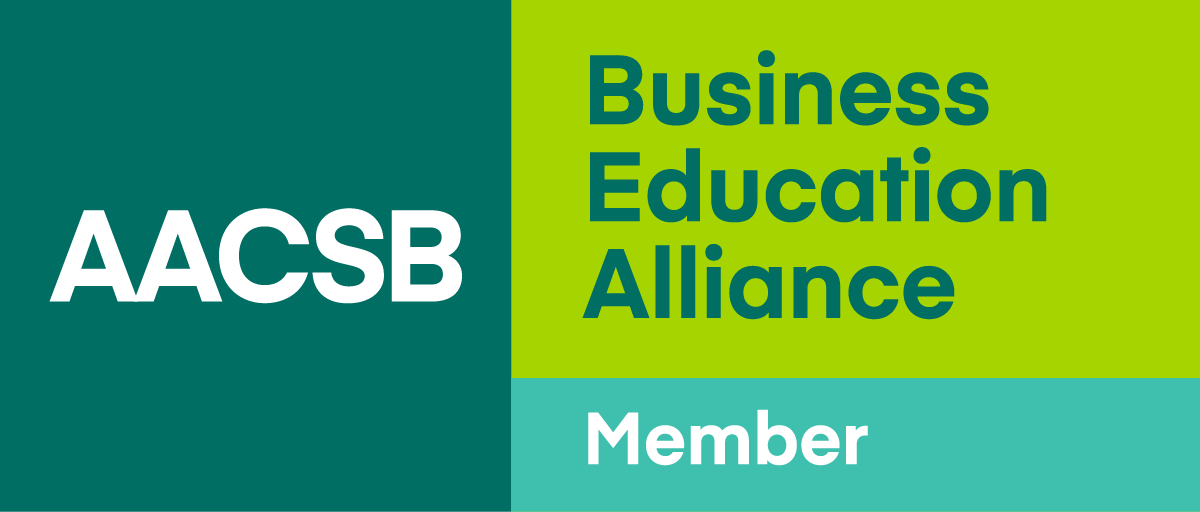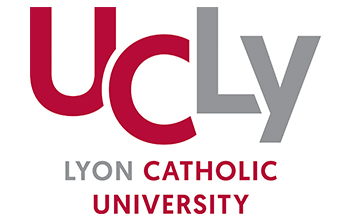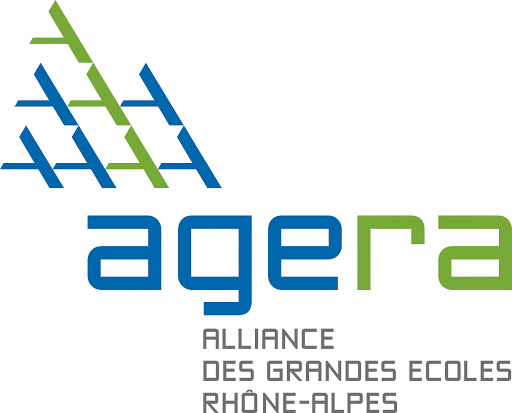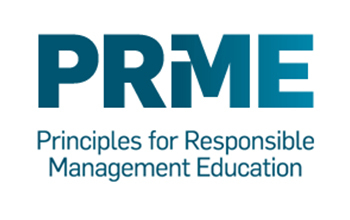- Homepage
- ESDES’s blog
- Responsible Natives
- Why teach CSR in a business school?
ESDES
7 min.
28 June 2022
A quick reminder: what is CSR?
Corporate Social Responsibility (CSR) is defined as the voluntary integration by companies of social and environmental concerns into their commercial activities and their relations with stakeholders. In other words, CSR is "the contribution of companies to the challenges of sustainable development". A company that practices CSR will therefore seek to have a positive impact on society while being economically profitable. A balance that the organization will build with the help of its stakeholders, i.e. its employees, customers, suppliers, shareholders or local actors.
Companies that commit to implementing it will therefore voluntarily integrate these dimensions beyond the legal framework imposed on them, by implementing good practices (e.g. promoting diversity among employees) or even by opening up to new business models (e.g. renting equipment rather than selling it).
For some companies, mainly those whose activity has a major impact on the environment (e.g. mining or oil industries), this implies a rethinking of their business model to make it compatible with the fight against climate change (limiting the global temperature rise to 2°C) or sustainable management of resources (e.g. safeguarding biodiversity).
All companies are now concerned by these issues, which are also societal issues, i.e. our current contribution to the world we will bequeath to our children.
So why teach CSR in a business school?
Precisely because CSR issues are at the heart of the economic development of companies. Defensive CSR, strategic CSR, political CSR, management experts continue to document the evolution of economic behaviors and the increasingly important role that CSR is taking at the heart of companies.
How to teach CSR?
First, by relying on the expertise of research professors, by crossing their views and by using interdisciplinarity, since CSR is a complex and global issue.
This is precisely the choice that was made nearly 35 years ago by the founders of ESDES Lyon Business School. This expertise has been nurtured and strengthened over the years, and today it is used in teaching and to bring students into contact with committed researchers.
Based on their combined experience, ESDES research professors have published a book on "corporate social responsibility".
Here is what Gérald Naro, professor at Montpellier Management, thinks about it:
It is first and foremost the result of a long-term project led by a team of teacher researchers from what should be considered a responsible business school. At a time when all the dangers that threaten our humanity and our living conditions on a planet that is undergoing irreversible damage, it is commendable and salutary that a major management school is committed to training future managers for a better world; at least, one that is more concerned with social justice and the preservation of nature.
Gérald NARO, professor at Montpellier management in ROR - Revue de l'Organisation Responsable - Responsible Organization Review N° 1 - 2021
To learn more, check out the presentation of the ESDES Institute of Sustainable Business and Organizations (ISBO).
